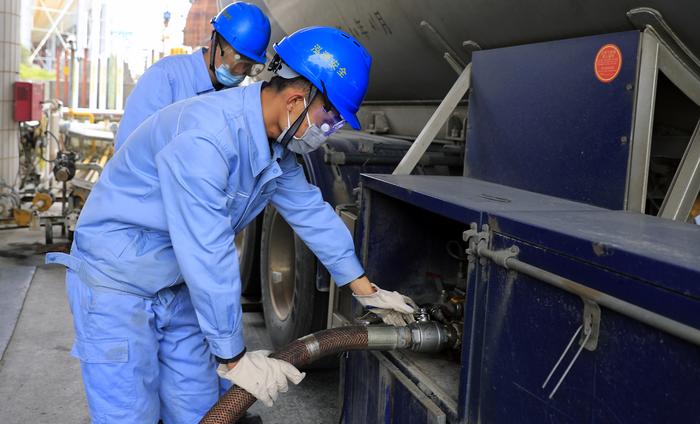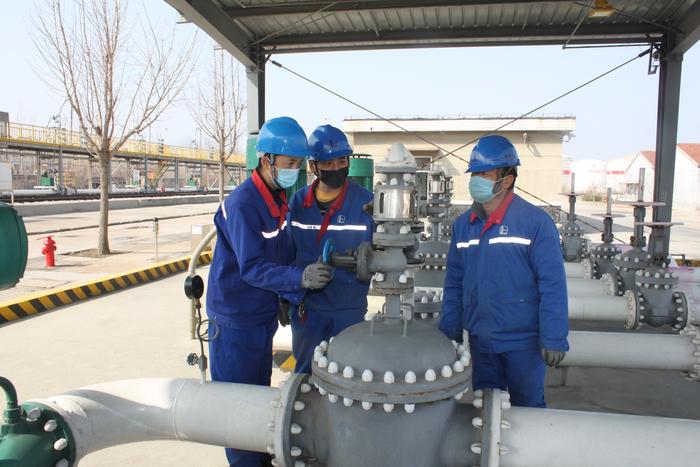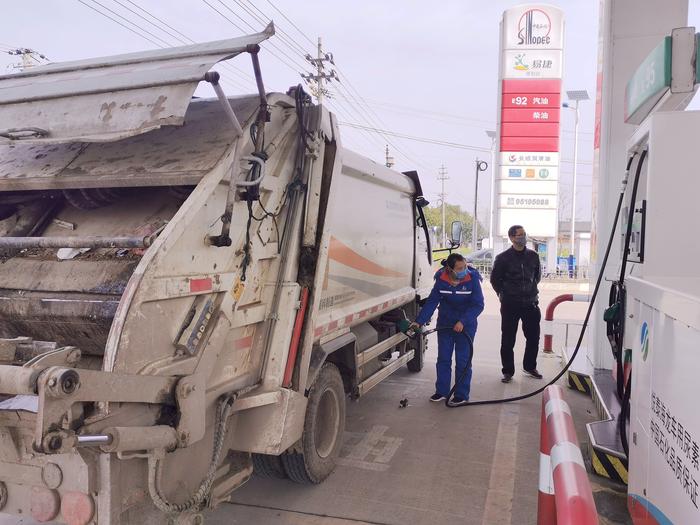|
| 2020-03-19 来源: 中国石化新闻网 |
| 石化新闻 |
中国石化新闻网讯 据离岸工程网站3月18日消息 油价周三连续第三个交易日下跌,美国原油期货价格跌至17年低点,因疫情引发的旅游和社会封锁影响了需求前景。 截至格林尼治标准时间10:06,美国原油价格下跌1.49美元,至25.46美元/桶,跌幅为5.53%,稍早跌至25.08美元,为2003年4月下旬以来的最低水平。 布伦特原油价格下跌84美分(约3%),收于27.89美元/桶,此前跌至27.56美元,为2016年初以来的最低水平。 高盛在一份报告中预测,布伦特原油价格将在第二季度跌至20美元的低点,这是自2002年初以来从未出现过的水平。 该行预计,到3月下旬需求将萎缩至800万桶/天,2020年降幅将达到110万桶/天,这将是有记录以来最大的一次。 为了支撑经济,美国准备释放数万亿美元的开支,以减轻疫情的影响,并实施自二战以来从未有过的社会限制。 雷斯塔能源公司预计今年全球石油需求同比下降2.8%(280万桶/天)。雷斯塔表示:“我们上周预计将减少60万桶。” 咨询公司预计,与2019年相比,4月份的需求将下降至1100万桶/天。 对需求的影响开始在官方统计数据中显示出来,日本贸易局周三表示,2月份对世界第三大经济体的原油进口较上年同期下降了9%。 吴恒磊 编译自 离岸工程 原文如下: WTI Oil Price Hits 17-Year Low, Brent Goes Below $28 Oil prices fell for the third session on Wednesday with U.S. crude futures tumbling to a 17-year low as travel and social lockdowns sparked by the epidemic knocked the outlook for demand. U.S. crude was down $1.49 cents, or 5.53%, at $25.46 per barrel by 1006 GMT, having earlier fallen to $25.08, its lowest since late April 2003. Brent crude was trading down 84 cents, or around 3%, at $27.89 a barrel, after dropping to $27.56, its lowest since early 2016. "The oil demand collapse from the spreading coronavirus looks increasingly sharp," Goldman Sachs said in a note forecasting a fall in the price of Brent to as low as $20 in the second quarter, a level not seen since early 2002. The bank expects a demand contraction of 8 million barrels per day (bpd) by late March and an annual decline in 2020 of 1.1 million bpd, which it said would be the biggest on record. In efforts to support economies, the world's richest nations prepared to unleash trillions of dollars of spending to lessen the fallout from the epidemic outbreak, as well as imposing social restrictions not seen since World War Two. Rystad Energy projects a year-on-year decrease of 2.8% or a fall of 2.8 million bpd in global oil demand this year. "To put the number into context, last week we projected a decrease of just 600,000 barrels," Rystad said. The consultants expect demand in April to fall by 11 million bpd compared with 2019. The impact on demand is starting to show in official statistics with Japan's trade bureau saying on Wednesday that crude imports into the world's third-biggest economy in February were down 9% from a year earlier. |








